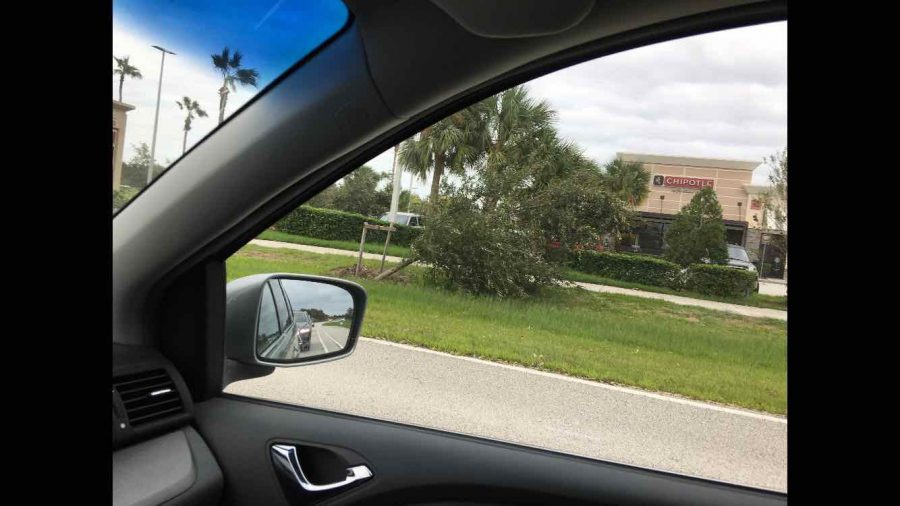Hurricane Matthew’s Aftermath
The Category 5 Hurricane is now no longer a threat, but what happened to the regions hit the hardest?
October 13, 2016
Between October 4th and October 8th, Hurricane Matthew devastated Haiti, Cuba, the Bahamas, and the Southeast coast of the United States with wind speeds of nearly 150 miles per hour and rainfall of over 15 inches. According to the Baltimore Sun, the storm is likely to have caused around $10 billion in damage, making it among the top 25 costliest hurricanes in history (Katrina cost over $100 billion, and Sandy cost between $50 and $75 billion). When a hurricane costs that much, the name of the hurricane is very likely to be retired due to superstitions; no one will look highly upon another Hurricane Katrina, Andrew, etc. Let’s have a look at what is most likely going to cause Matthew’s retirement in greater detail.
My father lives in Melbourne, Florida, located on the Eastern coastline of the state about an hour long drive east of Orlando. His home, and all of our condos in West Palm Beach, have survived very much unscathed. Damage can still be seen in the form of downed trees/power lines and damaged buildings and docks. However, only around five people were killed, and no major flooding occurred. Compare this to the events in the Carolinas (especially the southern part of North Carolina), which featured over twenty people dead, where many neighborhoods flooded due to overflow of the many rivers in the two states. As this report is being written, water levels continue to rise in North Carolina, which still has nearly 4,000 people in shelters. Despite the damage that the Southeast United States has obtained, it’s merely a simply rainstorm compared to what happened in Haiti.
Haiti was hit directly by Category 4 Matthew, and the country is devastated. Wind speeds were around 130mph, tearing apart many of Haiti’s weak homes that were a result of the very dire economic status of the country, and the earthquake of 2010. Over a thousand people are dead, and the president describes the status of Haiti as “living through three days of terror.” The U.S and the UN are currently sending in relief in the form of food, water, and cholera vaccines (because Matthew also caused a significant spread of cholera throughout communities), but it is not enough to allow the two million affected by Matthew to be in good condition. Matters are only complicated further when roadblocks are set up by Haitians to prevent aid from reaching the general population, with the roadblock managers requesting aid at that moment (and usually, all of the available aid). However, CNN reports that Haitians are primarily focusing on one main issue: getting their lives back on track by rebuilding homes and earning money to send their children to school.
Hurricane Matthew was simply a disaster for a significant number of individuals in the United States, and Haiti. It’s going to take months, or even years to get life for many people back to normal. Now a question for readers: what name should replace Matthew?



